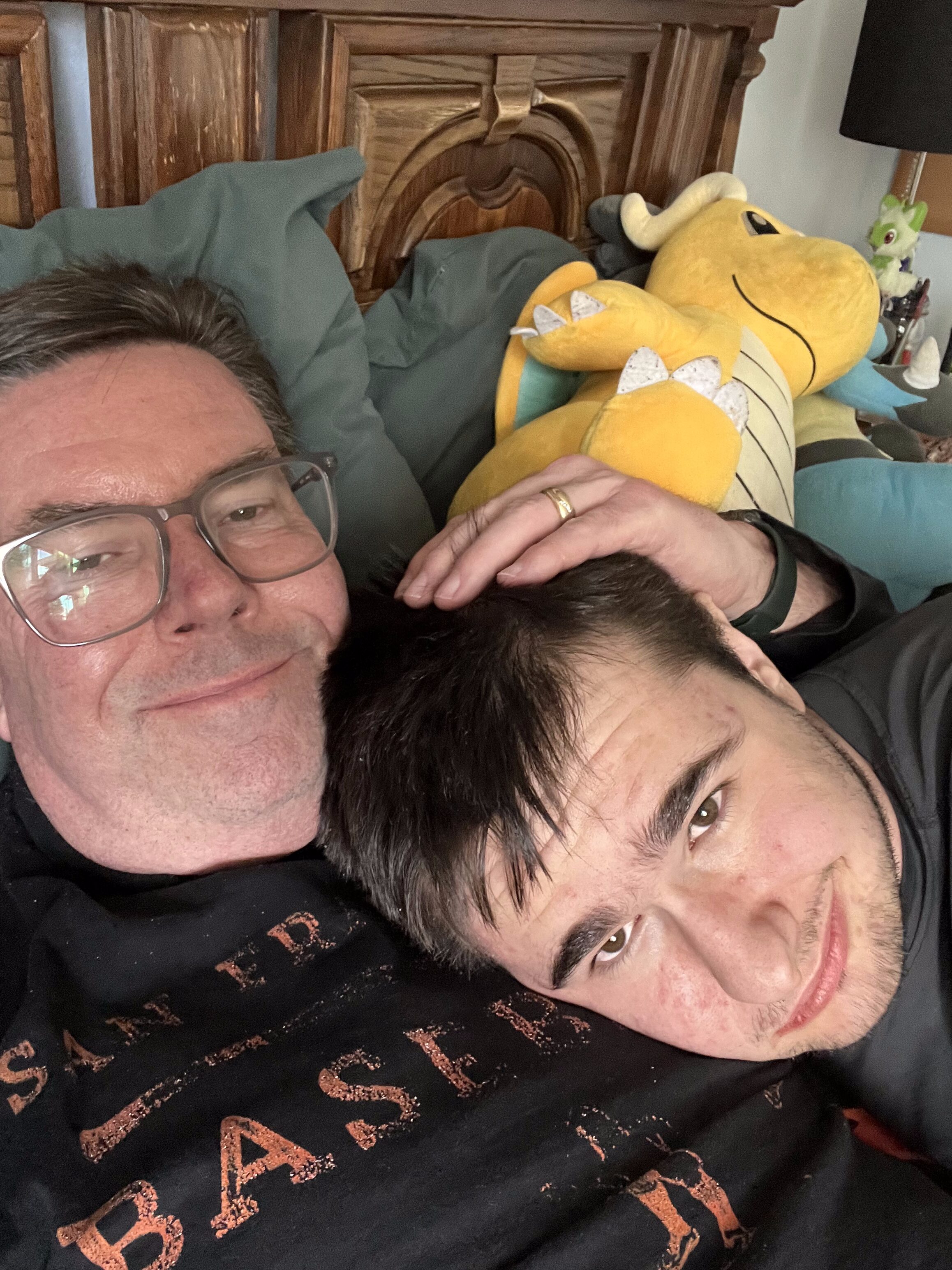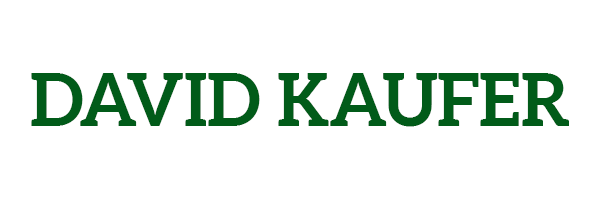There’s a reason firefighters don’t work seven days a week.
Why trauma surgeons and ER nurses rotate shifts.
Why even first responders have protocols to rest and recover.
Because staying in crisis mode 24/7 will burn out even the strongest human nervous system.
Unless you’re a parent who an autistic and epileptic son.
Then you don’t get time off.
You stay on call. Always.
My son Stone has seizures. Not once in a blue moon, but on a pretty regular occasion. Amazingly, he almost always knows when one is coming. That’s one of the many remarkable things about him. As soon as he feels it building, he looks to find me. Fast.
Usually, he makes it into the room—just in time—and I can see it in his face, hear it in his breath. Sometimes it’s relatively minor: 10-15 seconds of his body trembling, his breathing rapid and shallow.
Other times, it builds.
Strong. Violent. Unrelenting.
His body becomes something else—shaking, collapsing, twisting with no control—and I’m left trying to steer his 170-pound frame to the ground, couch or bed without injury. Trying to protect his head, hold his arms, cradle his body while everything inside him goes to war.
The most recent seizure happened last week just after he’d gone downstairs for a bowl of cereal. Within minutes, I heard him coming down the hall—making the unmistakable sounds I know too well. I met him in the doorway to my office, and I knew instantly: it was happening again.
I tried to hold and comfort him and ease him down, but the seizure kept going and building, and it sounded like he was choking. I remembered he’d been downstairs eating and didn’t hesitate. I reached into his mouth instinctively to clear any food that might be blocking his airway.
You’re not supposed to do that—I know.
But in that moment, instinct overruled protocol.
And sure enough, his teeth clenched. My finger was caught. It hurt. It bled.
But I didn’t stop.
My focus was still on him—getting him down safely, talking softly to him as the storm finally passed. When it was over, I guided him to the guest bed nearby and called Renee. She said she would come home immediately.
And so I was alone, finger bleeding, hands shaking—and still watching over him like he might seize again at any moment. Poor Stone was trying to recover. His body and mind fried. He periodically drifted off to sleep and I just held him silently.
💡 Did you know that AI can help you heal from a deep wound?
I’m not even kidding.
That’s another story—but it’s incredible.
What has stuck with me most came out in a conversation Stone had yesterday.
He brought it up himself.
“Dad saved my life. I was choking, and he cleared my mouth. This allowed me to swallow.”
This was both stunning and terrifying to me. It validates my decision and instincts at the time but also reinforces how scary that moment was.
Of course, part of me wonders…
Is he trying to make me feel better about my injured finger?
Is he worried I’m upset, or that I hurt myself because of him?
Maybe.
But it doesn’t make the moment any less real.
Any less devastatingly traumatic.
Because when your child tells you that you saved his life, you don’t file it away and move on.
You just carry it. And keep going.
Because here’s the truth:
Even when a seizure ends, the vigilance stays.
The body may relax, but the mind stays wired.
Every thump in the house makes Renee and I jump up.
Every vocalization as he walks in the hallway towards me stops me in my tracks.
Every time Stone goes quiet for too long—even in another room—I feel my pulse rise.
Renee and I stagger our workout times and errands to make sure one of us is always at the house nearby.
I can’t leave Stone alone on the elliptical in the garage – just in case.
I scan every sound, every silence, every shift in energy like it could be a signal to react again. Just like the bell in the fire station. Or the Code announcements in the ER.
But this isn’t just about me.
This is about thousands – if not millions – of other parents like me.
The ones who never get to clock out.
The ones who carry the weight of caregiving with a smile on their face and love in their heart.
Always love.
The ones who signed up to be parents—and having no idea that this was going to be part of the job.
We are the nurses without night shifts.
The firefighters without rotations.
The trauma responders who don’t wear uniforms but still suit up every single day.
And yes, it’s exhausting.
It’s traumatizing.
It’s life-altering in ways that are almost impossible to explain.
But here’s the part I want to make clear – speaking only for myself:
It’s also worth it. Beyond words.
It’s become a cliche to say that we learn more from our kids than we teach them – but in my case I really do believe that. I tell Stone as often as I can that he has made me a much better human than I would have ever been if not for him.
He has taught me more about love, laughter and life than anything else I’ve experienced. He inspires me everyday – and if that doesn’t make life more fulfilling, then I don’t know what does.
And when your child looks at you and says, “You saved my life,”
You realize that all the fear, all the fatigue, all the hypervigilance matters.
It’s about being there for them.
And knowing they remember.
This is what love looks like. And it’s stronger than fear.
